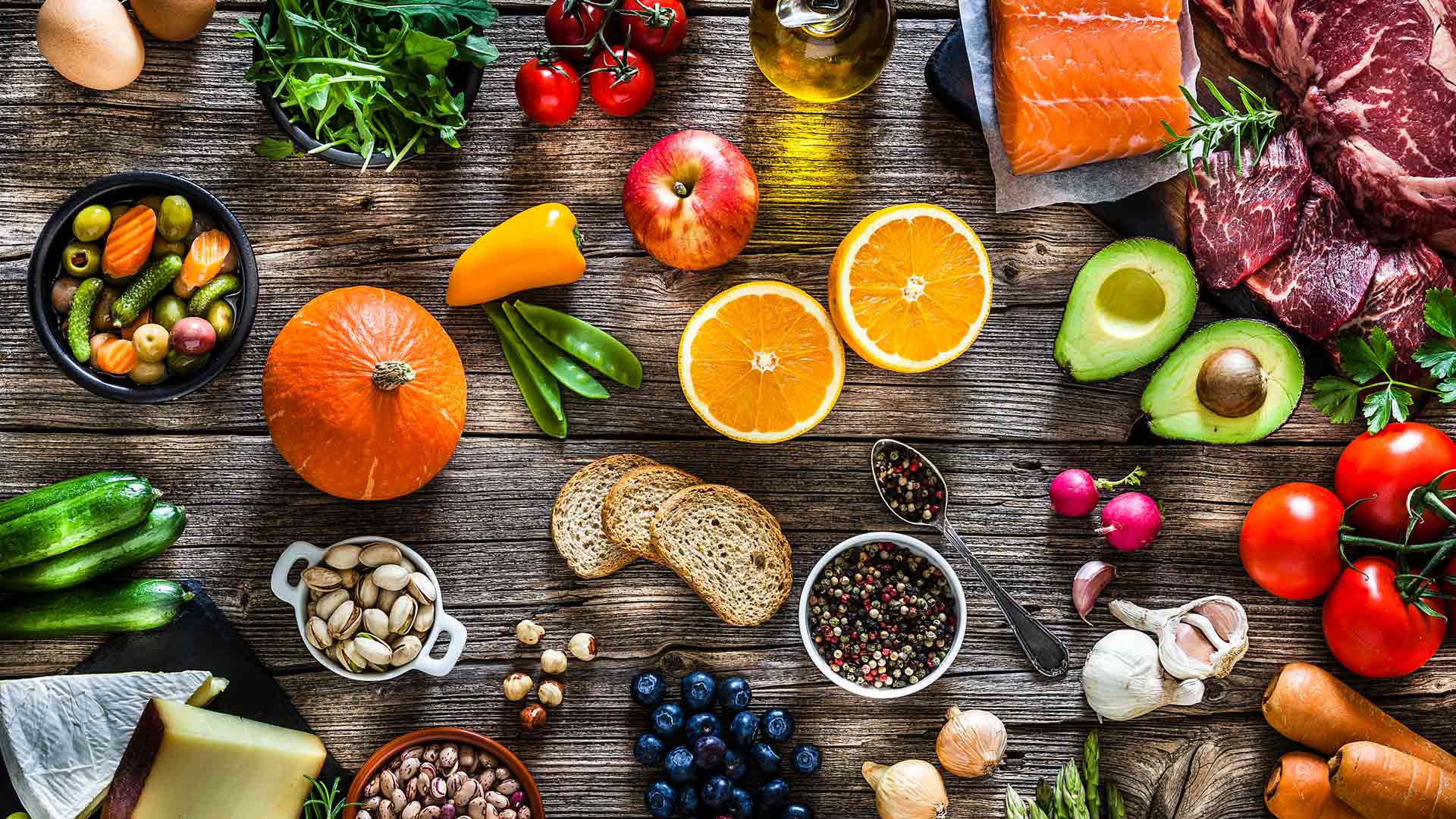Running a food business is a bit like being a magician—you have to make delicious meals appear quickly while juggling rising costs, unpredictable supply chains, and changing customer expectations. But there’s one behind-the-scenes trick that more and more smart restaurants and cafés are turning to: wholesale food and beverage purchasing.
Wholesale isn’t just for big franchises anymore. It’s a powerful way for small, independent eateries to save money, stay consistent, and even grow more sustainably. Whether you’re running a high-volume restaurant or a boutique espresso bar, the wholesale model could be exactly what your business needs.
Save More with Bulk Pricing
Let’s be honest—food margins are tight. Every penny counts, and retail prices simply don’t cut it when you’re trying to make a living serving meals at competitive prices. Wholesale allows restaurants and cafés to access bulk pricing, which significantly lowers the per-unit cost of ingredients, beverages, and supplies.
By purchasing staples like rice, flour, sugar, oils, or bottled drinks in larger quantities, businesses can cut their overall food costs by 15–40%. Multiply that across your full inventory and you’ve got serious savings—savings you can reinvest in your kitchen, décor, or marketing.
Inventory Management Becomes Predictable
When you buy from a wholesaler, you’re not making daily decisions about what to restock. You’re working on a predictable schedule, often with weekly or biweekly deliveries. That makes it much easier to manage your inventory and reduce the last-minute stress of running out of key items during peak service hours.
Instead of reacting to low stock, you’ll start anticipating your needs based on ordering history and seasonal trends. That kind of consistency helps you avoid both waste and shortages.
More Variety Means More Creativity
Most wholesale suppliers carry far more than basic pantry items. You’ll find:
-
Ethnic ingredients and import
-
Plant-based and allergen-friendly options
-
Premium meats, cheeses, and oils
-
Sustainable and organic produce
-
Packaging and eco-friendly disposables
This wide selection empowers chefs and café owners to get creative with seasonal specials or revamp their menus more regularly. It’s easier to cater to different dietary needs and culinary trends when you have access to an expansive, specialized inventory.
Build Stronger Supplier Relationships
When you buy from a wholesaler regularly, you’re not just a customer—you’re a business partner. These relationships can bring added value to your restaurant in ways that go beyond product delivery.
Wholesalers often offer:
-
Early access to new or limited-edition items
-
Insights into market trends
-
Custom delivery schedules
-
Flexibility in pricing or payment terms during difficult times
This personalized support can be incredibly helpful, especially for independent cafés or small chains looking to grow.
Enjoy Price Stability During Market Fluctuations
Food prices can be unpredictable due to weather events, political changes, or supply chain disruptions. When sourcing from retail stores, you’re exposed to daily or weekly pricing changes. Wholesale suppliers, on the other hand, often offer price locks or fixed-rate contracts for a specific time frame.
This allows restaurants to plan their budgets more accurately and avoid surprise cost increases that eat into profits. Having stable costs for your core ingredients can also allow you to maintain consistent menu pricing—something customers value in an uncertain economy.
It’s a Time Saver—Not Just a Money Saver
Every hour spent running errands is an hour not spent running your restaurant. By consolidating your sourcing through wholesale, you eliminate the need for multiple shopping trips or last-minute supplier calls.
Some wholesalers even allow you to automate your orders, setting up recurring deliveries for your most-used items. That means more time for recipe development, staff training, customer engagement—or even just a well-earned break.
Higher Quality, More Control
Contrary to what some assume, wholesale does not mean lower quality. Many wholesalers work directly with farms, manufacturers, and specialty producers. That gives you access to traceable, high-quality products often unavailable in retail stores.
For example, if you serve organic smoothies or artisan baked goods, you can source ingredients like fair-trade cocoa, cold-pressed oils, or heritage grains—ensuring your final product lives up to its promise.
Better Cash Flow Planning
Retail purchases are usually on a pay-now basis. Wholesale orders often come with net terms, allowing you to pay 15, 30, or even 60 days after delivery. This creates a more manageable cash flow cycle, especially during slow months or seasonal transitions.
Having breathing room to pay suppliers can mean the difference between struggling and scaling.
Plan for Seasonal Peaks with Confidence
In the food business, some months are just busier than others—think holidays, weddings, or tourist season. Wholesale allows you to order ahead and secure stock before demand surges or products run out.
When you’re prepared in advance, you can serve more customers without compromise, maintain profit margins, and keep stress levels down in the kitchen.
Support Sustainability Goals
Wholesale purchasing is also more environmentally friendly than frequent retail runs. Fewer deliveries and consolidated packaging mean lower carbon emissions and less waste.
Many modern wholesalers now offer eco-conscious options such as:
-
Compostable packaging
-
Organic produce
-
Sustainable seafood
-
Locally sourced items
Choosing these not only supports the planet—it also resonates with eco-aware customers. A 2023 report by FoodPrint highlighted how sustainability in sourcing can boost customer trust and long-term loyalty.
No More Guessing: Use Data to Order Smarter
Most wholesale platforms provide detailed order histories and usage reports, helping you identify what sells most, which products are underused, and how your costs fluctuate over time.
This level of data helps you make informed decisions about menu changes, pricing strategies, and supplier negotiations. You’re not just guessing—you’re optimizing.
You Don’t Need Massive Storage Space
Worried about where to store 50 liters of olive oil or 200 bottles of juice? Modern wholesalers understand small space limitations. Many now offer:
-
Mixed-product cases
-
Weekly or biweekly deliveries
-
Split orders for frozen, chilled, and dry goods
That flexibility means you can buy wholesale even with limited space, as long as you plan accordingly.
Stand Out with Unique Offerings
Restaurants that source smartly can offer items their competitors don’t. Whether it’s house-made sauces with rare spices, custom blends of tea, or limited-time dishes inspired by seasonal imports, wholesale gives you the edge.
Access to diverse inventory = freedom to innovate = higher customer satisfaction.
Wholesale Isn’t a Shortcut—It’s a Strategy
Wholesale isn’t just about buying big. It’s about buying smarter. When done right, it gives your restaurant or café more control, better margins, and the freedom to grow on your terms. You’re no longer reacting to problems—you’re preventing them before they happen.
Whether you’re just starting out or ready to level up, wholesale food & beverage sourcing is one move that can transform your kitchen—and your business.
Join Thokmandee.com today and connect with verified suppliers to source high-quality food and drink products tailored for your B2B needs.
FAQs
1. Do I need to buy large volumes to access wholesale prices?
Not necessarily. Many suppliers offer tiered pricing based on order size, and minimums are often surprisingly manageable for small restaurants.
2. Can I buy wholesale if I operate from a small kitchen or cloud kitchen?
Yes. Many wholesalers now offer delivery schedules and split orders designed for limited space operations like food trucks or cloud kitchens.
3. How do I find the right wholesale supplier for my restaurant?
Start by identifying your core product needs, ask for samples, and compare services, delivery timelines, and payment terms. Personal recommendations from other food businesses can also be helpful.
4. Will wholesale ordering take more of my time to manage?
Not at all—most systems allow you to set recurring orders, track shipments, and manage everything online. It’s often faster than traditional sourcing.
5. Is wholesale food always cheaper than retail?
Generally, yes—especially on high-volume or staple items. However, savings depend on quantity and the supplier. Factor in delivery fees and storage needs when comparing prices.







0 Comments